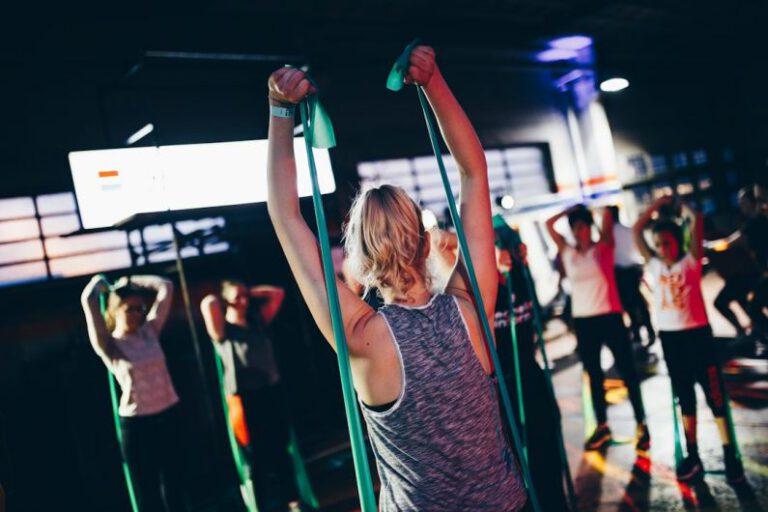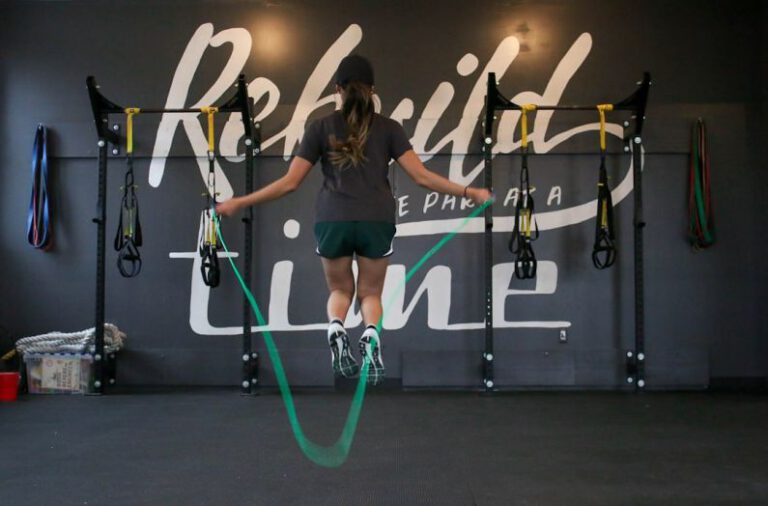Triathlon Training: from Beginner to Finisher
Embarking on the journey of triathlon training can be a daunting yet exhilarating experience for beginners. The combination of swimming, cycling, and running requires dedication, perseverance, and a strategic training plan to transform from a novice to a confident finisher. Whether you are aiming to complete your first sprint triathlon or conquer the ultimate Ironman challenge, here are essential tips to guide you through your triathlon training journey.
Setting Realistic Goals
Setting realistic and achievable goals is the cornerstone of successful triathlon training. As a beginner, it is crucial to start with shorter distance races such as sprint or Olympic triathlons before progressing to longer distances. Establish specific goals for each discipline – swimming, cycling, and running – and gradually increase the intensity and duration of your workouts as you build endurance and strength.
Balanced Training Plan
Designing a well-rounded training plan that incorporates all three disciplines is essential for triathlon success. Allocate time for swimming, cycling, and running sessions each week, focusing on improving technique, endurance, and speed in each discipline. Cross-training with activities such as strength training, yoga, and core exercises can help prevent injury and enhance overall performance.
Swimming Technique
Swimming is often the most challenging discipline for beginner triathletes. Improving your swimming technique is crucial for conserving energy and maintaining a steady pace during the swim leg. Work on drills to enhance your stroke efficiency, breathing rhythm, and sighting skills in open water. Consider joining a swim club or hiring a coach to receive personalized feedback and guidance on your technique.
Cycling Endurance
Cycling requires both physical strength and mental endurance to tackle varying terrains and distances. Focus on building leg strength through interval training, hill repeats, and long rides to improve your cycling performance. Practice proper bike handling skills, gear shifting, and pacing strategies to maximize your efficiency on the bike leg during a triathlon.
Running Speed
Running is the final leg of a triathlon, where mental toughness plays a crucial role in pushing through fatigue and crossing the finish line strong. Incorporate speed work, tempo runs, and brick workouts (combining cycling and running) into your training plan to improve your running speed and endurance. Pay attention to your running form, cadence, and footwear to prevent injuries and optimize performance on race day.
Nutrition and Hydration
Proper nutrition and hydration are key components of successful triathlon training. Fuel your body with a balanced diet rich in carbohydrates, protein, and healthy fats to support your training and recovery. Stay hydrated before, during, and after workouts, especially in hot and humid conditions. Experiment with different nutrition strategies during training to find what works best for you on race day.
Mental Preparation
Triathlon training is not just a physical challenge but also a mental one. Develop mental toughness, positive self-talk, and visualization techniques to overcome obstacles and push through moments of doubt or fatigue during training and racing. Set aside time for relaxation, mindfulness, and mental preparation to stay focused and confident on race day.
Race Day Strategies
On race day, trust in your training, stay calm, and stick to your race plan. Arrive early to set up your transition area, warm up, and familiarize yourself with the race course. Pace yourself conservatively during the swim, maintain a steady effort on the bike, and finish strong on the run. Stay positive, adapt to race conditions, and celebrate your accomplishments as you cross the finish line.
Celebrating Your Achievements
As you cross the finish line of your first triathlon, take a moment to reflect on your journey from beginner to finisher. Celebrate your achievements, embrace the challenges you have overcome, and set new goals for future races and personal growth. Triathlon training is not just about the finish line but the transformation and empowerment that come with pushing your limits and discovering your full potential.






